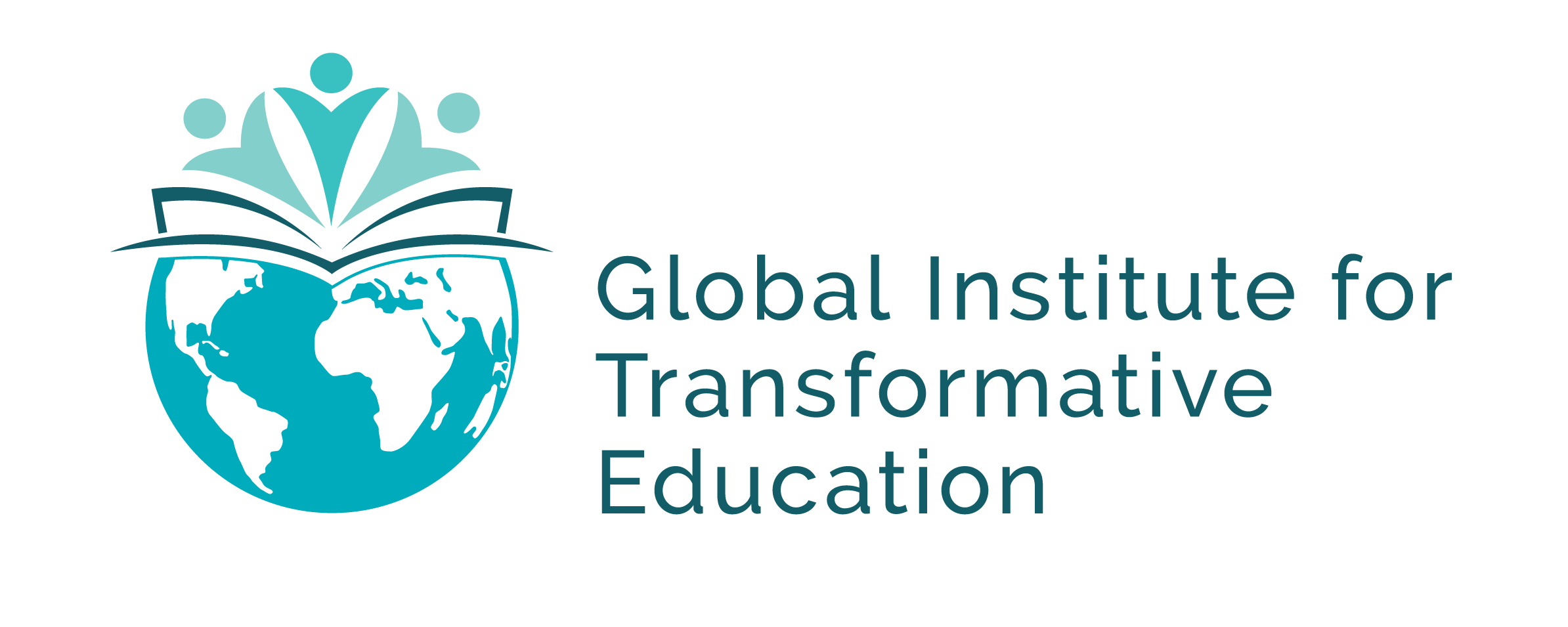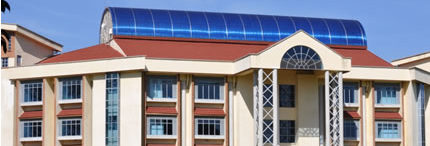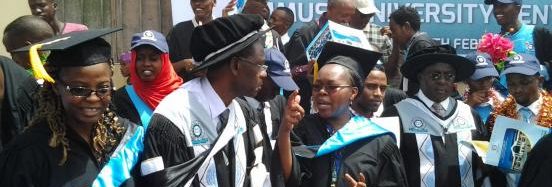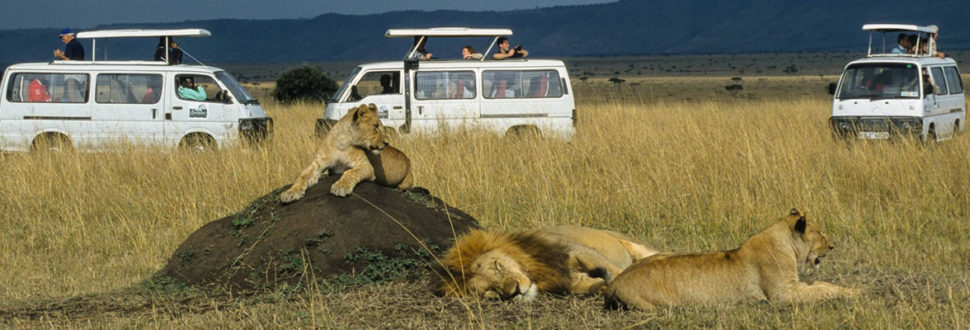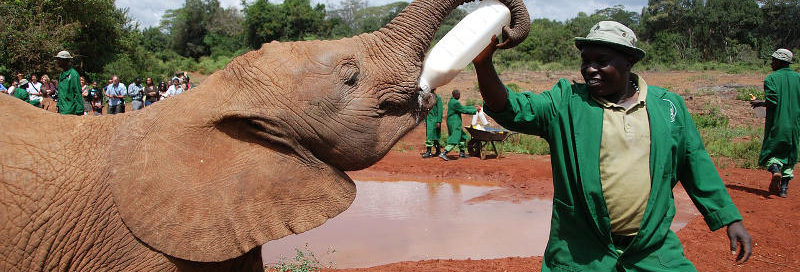World Conference on Transformative Education (WCTE)
“Rethinking, Curriculum, Pedagogy and Research in Africa”
July 26- 28, 2018
Masinde Muliro University of Science and Techonology
The Global Institute for Transformative Education and The School Project Foundation – in conjunction with the Masinde Muliro University of Science and Technology (MMUST) – are organizing a World Conference on Transformative Education (WCTE) in the historic town of Kakamega in Kenya, July 26-28, 2018 under the theme: “Rethinking Curriculum, Pedagogy and Research in Africa.”
Do you believe high quality education is the pathway to socio-economic and political transformation of Africa? If your response to this question is yes, join us in Kakamega for a World Conference on Transformative Education, in order to chart new avenues for Africa’s development through education.
The current education systems are far removed from the socioeconomic and political realities of Africa. They are the legacies of European colonial rules that are antiquated and can neither solve current African problems nor help speed up its socioeconomic growth and ensure its political stability. There is, therefore, a need to move away from educating children just for basic literacy and numeracy skills to providing them world-class education for interconnected competitive global economies. Such a move will require a quasi-volte-face shift in how we rethink school curriculum, pedagogy, leadership, and research.
We invite practitioners, scholars, researchers, policy makers, engineers, medical practitioners, environmentalists, publishers, linguists, librarians, school administrators, Pre-Kindergarten (Pre-Nursery)-High School teachers, graduate students, and scholars of all known and emerging academic disciplines (including sociolinguistics in education and anthropology in education, educational linguistics, literacy, history, geography, economics, civic education, mathematics, physics, engineering, chemistry, biology, music, dance, arts, economics, health education, etc.) who are eager to share their research and expertise on education with robust transformative practice and outcomes to submit a 300-word abstract on the relevant themes of the conference by February 28, 2018. The Proposal Review Committee will review each proposal, and applicants will be notified of the status of their proposals within 8 weeks following the submission deadline.
We invite proposals for panels, individual papers, round table discussions, interactive workshops, school presentations, poster sessions, art exhibition/public action workshops, and book talks. High quality papers will be considered for publication in a book generated by conference presentations. Successful proposals will clearly demonstrate the relationship between the presentation and the theme of the conference. Presentations should provide an opportunity for conference participants to acquire instructional and curricular strategies that introduce participants to a refreshing thinking about knowledge construction and acquisition that is transformative.
Follow this link to submit your proposal: https://gite.education/events/submit_proposal/
Priority will be given to proposals that address one or more of the following topics in relation to transformative curriculum, pedagogy, leadership and research:
- Redefining a school curriculum with respect to a school subject of a choice (history, mathematics, languages, economics, science, arts education, food and nutrition, etc.)
- Critical Literacy for a transformative society
- Best practices, methodologies, and strategies in transformative teaching
- Place-based, Problem-based and Project-based education
- Civic education curriculum and pedagogy that is responsive to the 21st century needs
- Education for environmental sustainability
- STEM (Science, Technology, Engineering, and Mathematics) transformative instructional approaches
- Instructional technology
- Applied mathematics
- Democracy in schools or lack thereof
- Transformative educational leadership
- Conflict resolutions and peace education
- Transformative research works and teaching praxis
- Culturally responsive curricula
- The positionality of special needs students in our school systems
- Health education
- Music education
- Service learning in the curriculum
- Transformative assessment and evaluation
- Modern technology and e-learning
- Language policy and planning
- Sociocultural practices and knowledge
- Sociolinguistics in education
- Anthropology in education
- Educational linguistics
- Linguistic rights and indigenous languages
- New media and technology and transformative education
- Distance learning/online courses and transformative education
GENERAL PROPOSAL GUIDELINES
Proposals and presentations are welcome in English or French. All proposals, regardless of type, should be in Microsoft Word, must include the following:
- Name and title of the author/organizer, institutional affiliation, and contact information
- Title of the proposed presentation
- Abstract (300 words)
- Indicate any audio-visual equipment needs for your presentation
Proposals for panels and round table discussions must also include:
Name, title, and institutional affiliation for each additional participant
PRESENTATION FORMATS
Choose one of the following presentation formats for your proposal. The Conference Committee may negotiate the proposed delivery format with the speaker.
Panel Presentations (110 minutes)
Individuals or institutional sponsors may propose to organize a panel of presentations on a related subject, with each presenter offering a perspective on the topic. Panels may include a chair/moderator, 3 or 4 presenters, and a discussant. Each presenter will be allotted 20 minutes to deliver his/her paper, allowing 20 minutes at the end of the panel for commentary by the discussant, and 10 minutes for questions and answers.
Panel proposals must include information on all proposed participants and must indicate that they have been contacted and they have agreed to participate. The individual submitting the proposal will be the sole contact person regarding the conference.
Transformative Schools in Africa Presentations (60 minutes)
Individual Papers (20 minutes)
Individual paper submissions will be grouped together by the program committee (not more than 3 papers will be grouped) to form a more intimate Discussion Room. Discussion Room will be the primary venue for individual paper submissions. Discussion Room will provide for an intense hour of conversations between presenters and attendees concerning related and emergent topics.
Round Table Discussions (60 minutes)
Individuals or institutional sponsors may propose to organize a round table discussion on a topic related to the theme of the conference. Like panels, round table discussions are coordinated by a moderator, and offer different perspectives on the proposed topic. Presentation time for each discussant is limited to 5‐7 minutes. The majority of the session is devoted to dialogue between the discussants and the audience. In the best round tables, the speakers are aware of each other’s work and views; they refute or support those views in their own talks. There is substantive interchange, as well as the chance to go in‐depth. Proposals for round table discussions must include information on all proposed discussants. The individual submitting the proposal will be the sole contact person regarding the round table discussion.
Interactive Workshops (60 minutes)
Presenters spend a short amount of time on the delivery of the pedagogical concept, theory or model, and the majority of the session is devoted to direct, hands‐on participation by the attendees. Workshops are organized to address a theme; discussion is informal and interactive, and papers are not presented.
School Presentations (60 minutes)
P-12 (Pre-nursery through high school) teachers in Africa with sound knowledge of transformative teaching and learning practices that are currently part of their curriculum are invited to submit a proposal. If selected, they will be invited to the conference with a group of their students to present one of their transformative lessons. Their proposal will have to demonstrate clear evidence of transformative learning as an outcome of the lesson presentation. Scholarships will be available for roundtrip travels, room, and board. Proposals from schools whose overall mission is predicated on student-centered learning will be given a priority.
Public Action/Art Exhibition
We will have a number of spaces available throughout the program for public actions/art exhibitions. These types of presentations are intended to foster critical and public dialogue and should be considered spaces for social action and public pedagogy. Presentation time and venue is flexible and dependent on presenter needs with these types of presentations—indicate your audio-visual and material needs.
Book Talks (60 minutes):
If you have recently published a book that charts a new direction for Africa and that benefits teachers and education policy makers, this venue would be perfect for you.
Follow this link to submit your proposal:
https://gite.education/events/submit_proposal/
CONFERENCE REGISTRATION
Upon acceptance of the proposal, a mandatory non-refundable fee for the conference must be paid to guarantee a spot on the conference program.
Registration
- International faculty/researchers (out of the African continent) $200 (early-bird registration $180)
- African faculty/researchers/policymakers $100 (early-bird registration $80)
- Teacher education faculty $30 (higher education faculty not included)-early-bird registration $25)
- Students and k-12 teachers $10 (early-bird registration $8)
Early Bird registration opens on February 15, 2018 and ends on March 25, 2018.
The following modes of registration payment will be accepted:
- Western union
- Mpesa
- Credit card
- Moneygram
- Onsite registration
Other details coming soon…
Conveners
| Michael T. Ndemanu, Ph.D. Ball State University mtndemanu@bsu.eduSerafin M. Coronel-Molina, Ph.D. Indiana University scoronel@indiana.eduKennedy Bota, Ph.D. Masinde Muliro University of Science and Technology kbota@mmust.ac.ke |
Daniel Baron, Ph.D. (ABD) The School Project Foundation dbaron@theprojectschool.orgWinnie Mucherah, Ph.D. Ball State University wmucherah@bsu.eduBryce Smedley, Ph.D. Southern Oregon University smedleyb@sou.edu |
